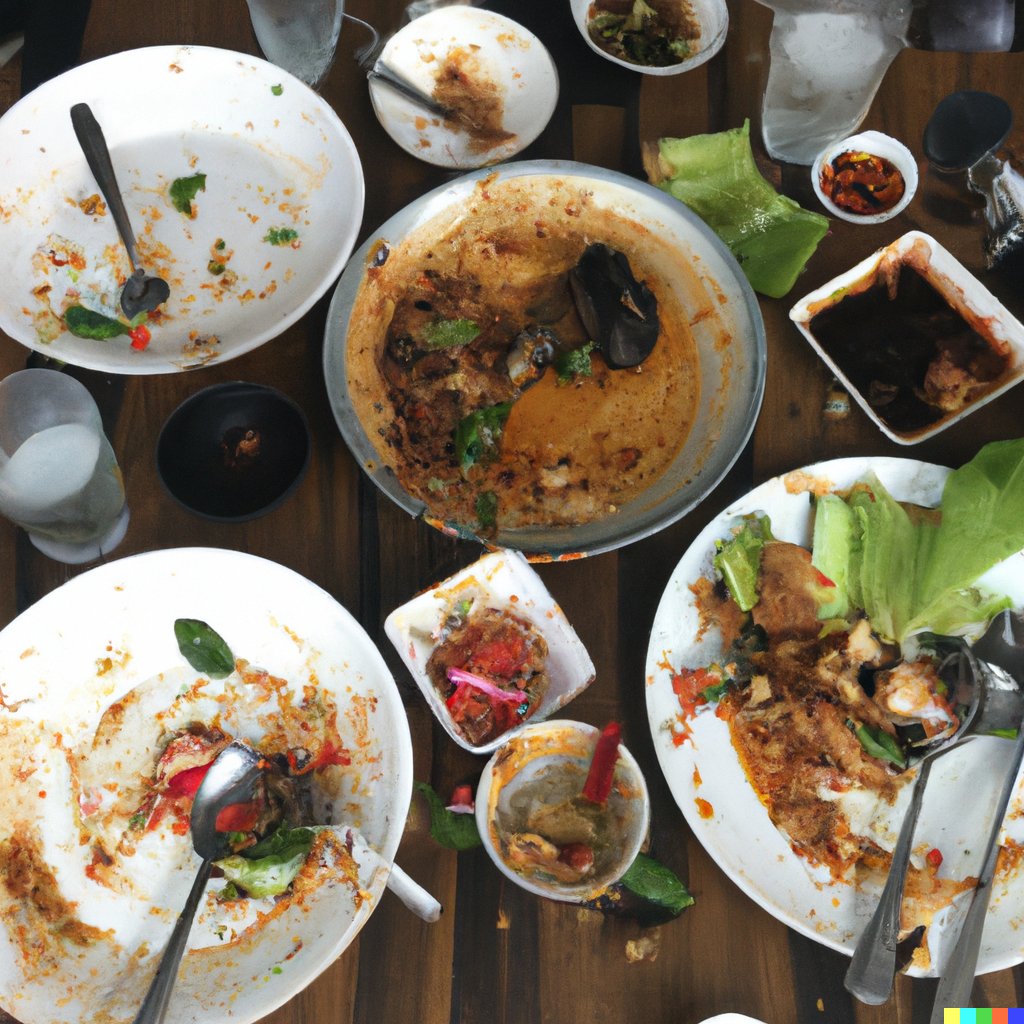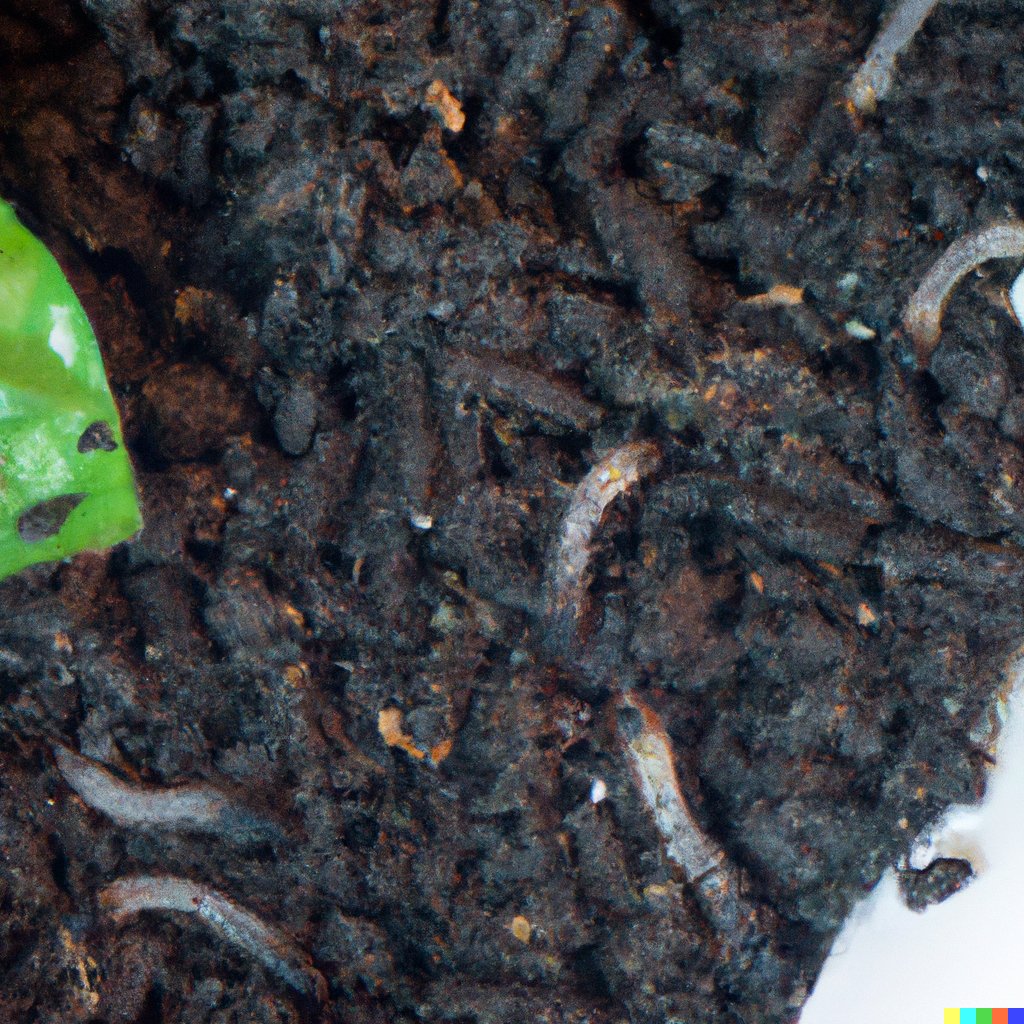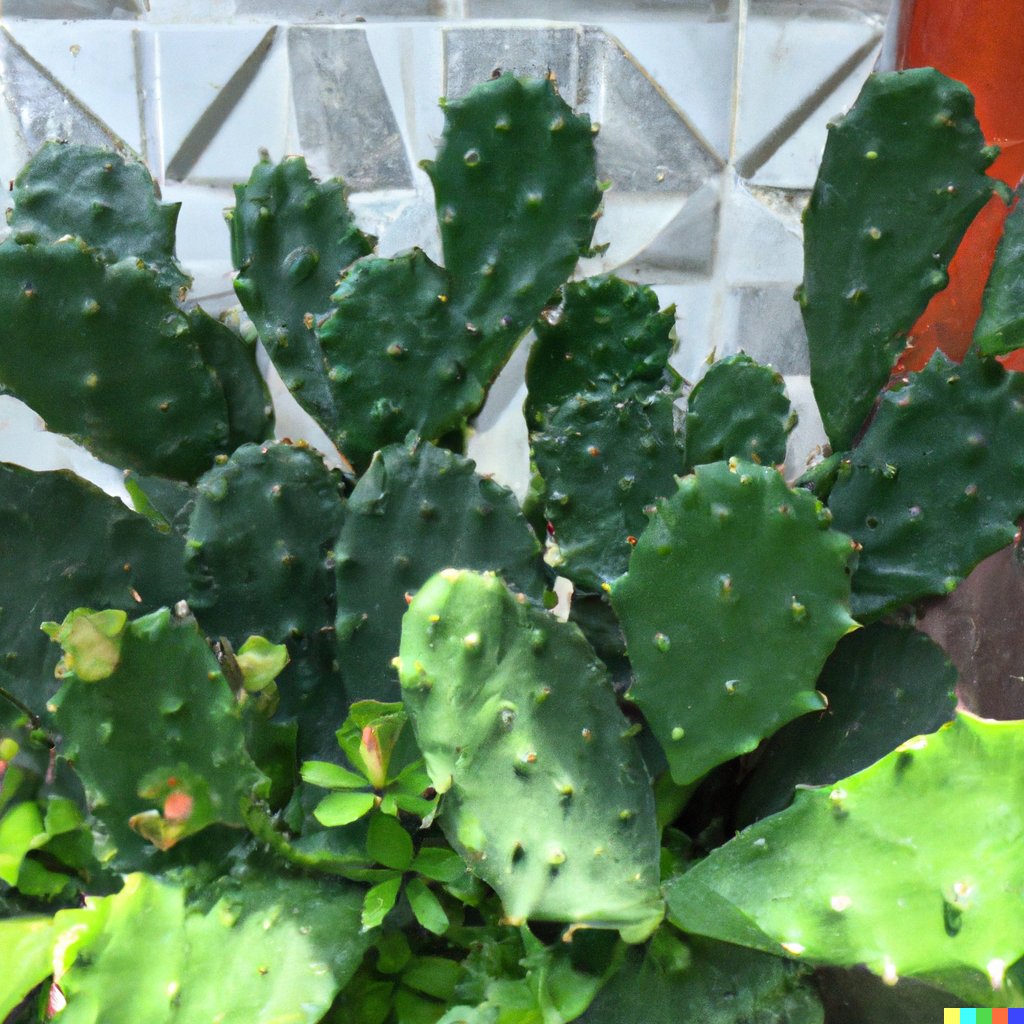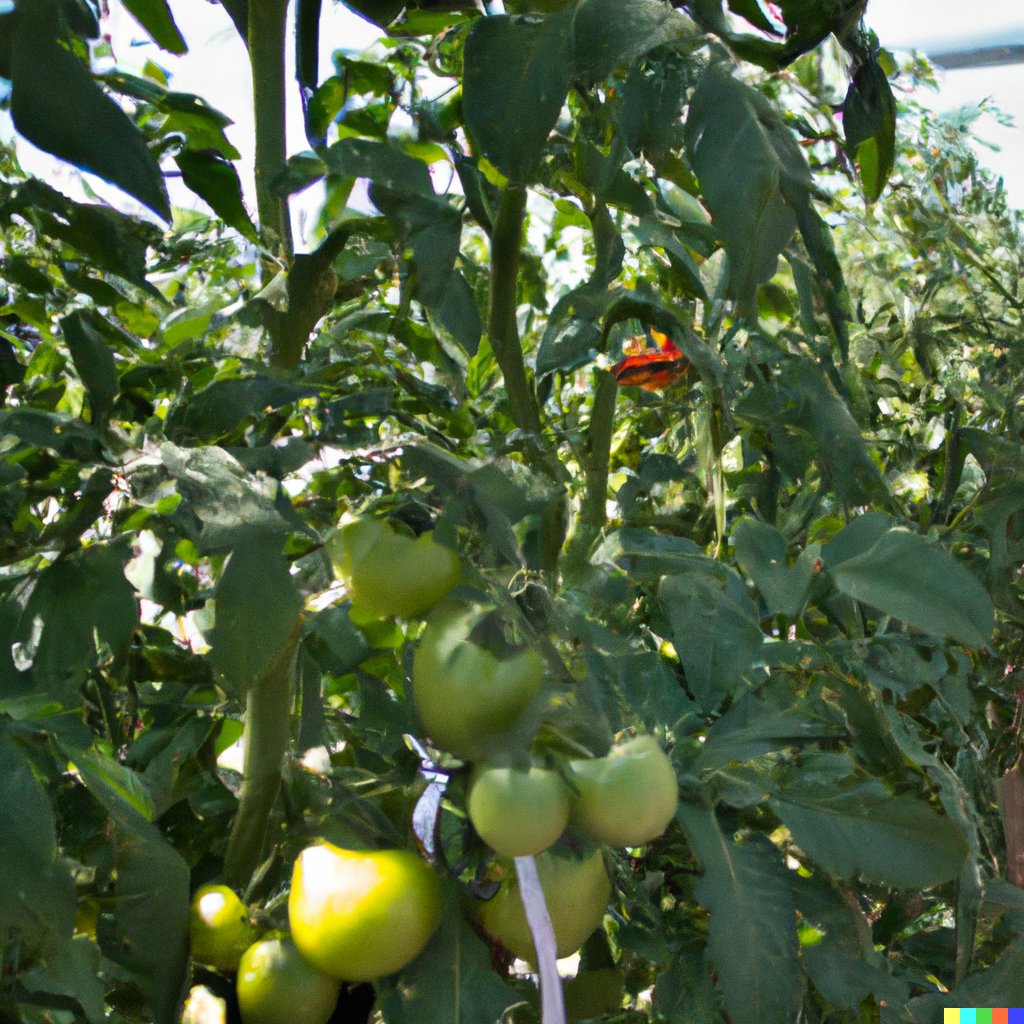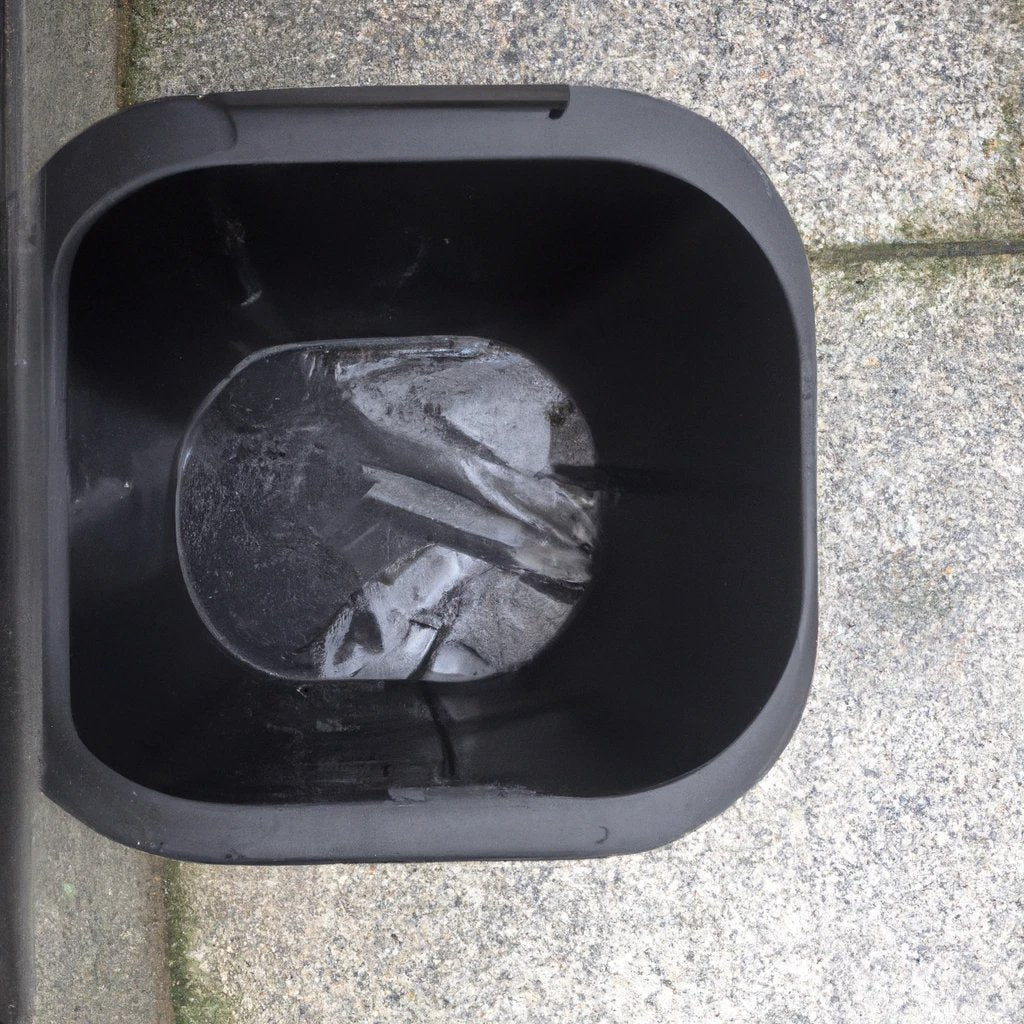
Introduction: Embracing the Zero Waste Lifestyle
Welcome to the Zero Waste revolution! In a world where sustainability is more critical than ever, adopting a Zero Waste lifestyle has become a beacon of hope for our planet's future. This article delves into the fascinating world of Zero Waste, providing you with practical advice and real-life examples on how to make a positive impact. So, let's dive in and discover how to live greener, wiser, and happier!
What is Zero Waste?
Zero Waste is not just a trendy catchphrase; it's a movement that aims to reduce waste generation and minimize our environmental footprint. The core philosophy is simple yet powerful: refuse, reduce, reuse, recycle, and rot. It encourages individuals to be mindful of their consumption habits and make eco-friendly choices in their daily lives.
Refusing Single-Use Plastics: A Small Step, A Big Impact
Plastic pollution is one of the most pressing environmental challenges we face today. By refusing single-use plastics, we can significantly reduce the amount of plastic waste that ends up in landfills or pollutes our oceans. So, how can we do this?
- Carry reusable shopping bags: Keep a foldable tote bag in your purse or backpack, ready to use whenever you shop.
- Ditch disposable water bottles: Invest in a durable, BPA-free water bottle and quench your thirst sustainably.
- Say no to plastic straws: Opt for stainless steel, bamboo, or paper straws instead.
The Power of Minimalism: Reducing Waste with Purpose
Embracing a minimalist lifestyle can work wonders in reducing waste and simplifying your life. Think twice before making purchases and focus on acquiring items that add value and joy to your existence. Here's how to get started:
- Declutter mindfully: Let go of items you no longer need or love, and consider donating or selling them.
- Quality over quantity: Invest in well-made, durable products that will stand the test of time.
- Embrace second-hand: Explore thrift stores, online marketplaces, and garage sales for unique finds.
Rethinking Waste: The Art of Creative Reuse
Embrace your creative side and find innovative ways to reuse items that would otherwise end up in the trash. Creative reuse not only reduces waste but also adds a personal touch to your living space. Consider these ideas:
- Upcycling furniture: Give old furniture a fresh coat of paint or repurpose it into something new and functional.
- Composting: Turn food scraps and yard waste into nutrient-rich compost for your garden.
- DIY projects: Convert glass jars into candle holders, or create wall art from discarded magazines.
Recycling Right: Closing the Loop
While recycling is a vital part of the Zero Waste journey, it's essential to do it right. Contaminated recycling streams can lead to more harm than good. Follow these guidelines to become a recycling pro:
- Check your local guidelines: Different municipalities have varying recycling rules, so stay informed.
- Clean before recycling: Rinse containers and remove food residue to avoid contamination.
- Avoid wish-cycling: Only recycle items that are accepted in your recycling program to prevent complications.
Composting: Returning to Nature
Composting is a natural process that allows organic waste to decompose and transform into nutrient-rich soil. It's a fantastic way to divert food waste from landfills while enriching your garden. Here's how you can embrace composting:
- Choose a composting method: Decide between traditional composting, vermicomposting (using worms), or Bokashi composting.
- What to compost: Include fruit and vegetable scraps, coffee grounds, eggshells, and yard waste in your compost pile.
- What not to compost: Avoid meat, dairy, and oily foods, as they can attract pests and slow down the composting process.
Real-Life Zero Waste Heroes: Inspiration for All
Bea Johnson: The Pioneer
Bea Johnson, the mother of the Zero Waste lifestyle, has shown the world that it's possible to live stylishly while generating nearly zero waste. Her family produces so little waste that a year's worth fits in a single jar! Bea's journey began in 2008 when she adopted the 5 R's and never looked back.
Lauren Singer: The Unstoppable
Lauren Singer, the creator of "Trash Is For Tossers," has inspired millions to adopt a Zero Waste lifestyle through her blog and social media presence. Her determination to live waste-free led her to create her own line of sustainable, eco-friendly products.
Conclusion: Embrace the Zero Waste Journey
The Zero Waste revolution is not just about reducing waste; it's about transforming our perspective on consumption and sustainability. By embracing the principles of Zero Waste—refusing, reducing, reusing, recycling, and rotting—we can contribute to a cleaner, greener planet.
Remember, you don't have to become a Zero Waste expert overnight. Start small, celebrate your progress, and be kind to yourself on this journey. Together, we can make a meaningful impact and leave a positive legacy for generations to come.
So, are you ready to join the Zero Waste movement and become a steward of change? The power is in your hands, and the time to act is now.
Let's make the Zero Waste revolution our shared story—a story of hope, resilience, and a brighter, sustainable future.
References :
- The Five Rs: Refuse, Reduce, Reuse, Recycle, Rot
- Bea Johnson: The Zero Waste Home
- Lauren Singer: Trash Is For Tossers
Bonus Tips for a Zero Waste Lifestyle:
-
LSI Keyword: Sustainable Fashion: Embrace sustainable fashion by choosing clothing made from organic materials, supporting ethical brands, and considering second-hand options. Thrift stores and online vintage shops are treasure troves for unique and eco-friendly fashion finds!
-
LSI Keyword: Zero Waste Kitchen: Transform your kitchen into a Zero Waste haven by buying food in bulk using reusable containers, making homemade meals from scratch, and storing leftovers in glass jars or beeswax wraps.
-
LSI Keyword: Eco-Friendly Travel: Traveling can be done responsibly too! Reduce your carbon footprint by using public transportation, packing a reusable water bottle and utensils, and supporting eco-friendly accommodations.
Spread the Word and Inspire Others!
Now that you're armed with valuable knowledge and practical tips for a Zero Waste lifestyle, don't keep it to yourself! Share your experiences, challenges, and successes with friends, family, and your social media community. Together, we can create a ripple effect of positive change that extends far beyond our individual efforts.
Remember, the journey to Zero Waste is not just about saving the planet; it's also about enriching our lives, fostering creativity, and finding joy in simplicity. Every small action adds up to significant results, and you have the power to influence others by being a living example of sustainability.
Your Zero Waste Action Plan:
-
Start Small: Focus on one area of your life at a time, such as reducing single-use plastics or composting kitchen waste.
-
Set Realistic Goals: Be kind to yourself and set achievable goals that align with your lifestyle and values.
-
Get Creative: Embrace your creativity and find fun ways to repurpose items, turning trash into treasure.
-
Educate and Engage: Share your knowledge and enthusiasm with others, sparking conversations and inspiring change.
-
Track Your Progress: Celebrate your successes and identify areas for improvement as you progress on your Zero Waste journey.
-
Join a Community: Connect with like-minded individuals through local Zero Waste groups or online platforms to exchange ideas and support each other.
The Future Is Zero Waste
As we wrap up this article, let us reflect on the powerful impact each one of us can make through the choices we make every day. Embracing the Zero Waste lifestyle is not just a passing trend; it is a fundamental shift towards a sustainable, harmonious existence with our environment.
Let's envision a world where landfills are minimized, oceans are clean, and future generations inherit a planet brimming with life and possibilities. Together, we can turn this vision into reality—one small, meaningful step at a time.
Remember, the power to change the world lies within you. Embrace the Zero Waste revolution, and let's build a greener, wiser, and happier future together!
Together, we are the storytellers of a brighter tomorrow—a world of Zero Waste.
Are you ready to make a difference?
Let's embark on this transformative journey today.
Join the Zero Waste revolution!
Frequently Asked Questions (FAQs) About Zero Waste
-
What is Zero Waste? Zero Waste is a lifestyle and philosophy that aims to minimize waste generation by following the principles of refusing, reducing, reusing, recycling, and composting. It encourages conscious consumption and sustainable choices.
-
Is Zero Waste achievable for everyone? While achieving a completely waste-free life may be challenging, anyone can make significant progress towards a Zero Waste lifestyle. Every small change counts and contributes to a more sustainable future.
-
How can I start my Zero Waste journey? Start by assessing your current waste habits and identifying areas for improvement. Begin with simple steps like carrying a reusable water bottle and shopping bag. Gradually expand your efforts as you become more comfortable.
-
What are some easy swaps for reducing waste?
- Replace single-use plastic bags with reusable cloth bags.
- Opt for a reusable water bottle instead of buying bottled water.
- Use beeswax wraps or reusable silicone bags to store food instead of plastic wraps.
-
How can I reduce food waste at home?
- Plan meals and create shopping lists to buy only what you need.
- Store food properly to extend its shelf life.
- Compost kitchen scraps and food waste to enrich your garden soil.
-
Is recycling enough to solve the waste problem? Recycling is essential, but it's not the ultimate solution. Reducing waste at the source is more effective. Focus on refusing and reducing first, and then recycle responsibly.
-
How do I convince others to join the Zero Waste movement? Lead by example and share your experiences and benefits of adopting a Zero Waste lifestyle. Encourage open conversations and offer helpful resources to inspire others to take action.
-
What are some challenges of the Zero Waste lifestyle?
- Initial cost: Some sustainable products may seem expensive upfront, but they often save money in the long run.
- Convenience: Embracing Zero Waste may require a shift in habits and routines, which can be challenging at first.
-
How can I reduce waste while traveling?
- Carry a reusable water bottle, coffee cup, and utensils.
- Refuse single-use toiletries and bring your own in reusable containers.
- Choose accommodations that prioritize sustainability.
-
Can I still enjoy a social life while living Zero Waste? Absolutely! Get creative and suggest sustainable alternatives when socializing with friends and family. For example, host a Zero Waste potluck or choose eco-friendly venues for outings.
-
What are some benefits of living a Zero Waste lifestyle?
- Reduced environmental impact and waste in landfills and oceans.
- Financial savings by buying only what is necessary and reducing disposables.
- A deeper connection to nature and a sense of purpose in making a positive impact.
-
How can I deal with skeptics or critics of the Zero Waste movement? Be patient and understanding, and provide evidence of the positive environmental impact of Zero Waste practices. Share success stories and highlight the growing support for sustainability worldwide.
-
Can businesses and industries adopt Zero Waste practices? Yes, many businesses are embracing Zero Waste practices, such as reducing packaging and promoting product recycling. Supporting such eco-conscious companies encourages further positive change.
-
Is Zero Waste just about waste reduction? No, Zero Waste is also about conscious consumption, ethical choices, and being mindful of our impact on the environment. It encompasses a holistic approach to sustainability.
-
Can I make my own Zero Waste products at home? Yes! There are plenty of recipes and tutorials available online for making your own cleaning products, personal care items, and more, using natural and eco-friendly ingredients.
Remember, every step towards Zero Waste, no matter how small, contributes to a better world for all living beings. Let these FAQs guide you on your journey, and embrace the challenge of making a positive impact every day!









